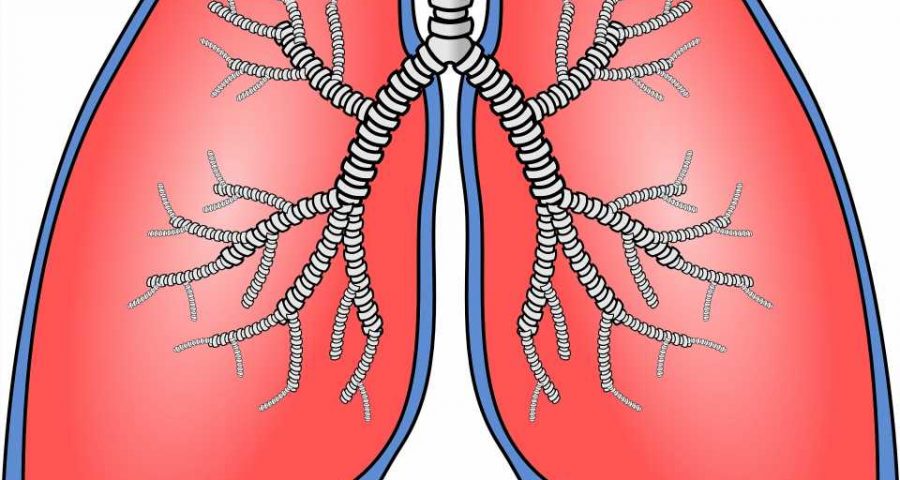
In a study published recently in the journal Clinical Cancer Research, researchers at Baylor College of Medicine found that treating patients who have resectable malignant pleural mesothelioma, meaning that their tumor can be removed with surgery, with immunotherapy ahead of surgery resulted in favorable clinical outcomes. The study lays the groundwork for neoadjuvant immunotherapy in mesothelioma.
“Mesothelioma is a devastating disease with low survivability,” said Dr. Bryan Burt, professor and chief of the David J. Sugarbaker Division of Thoracic Surgery in the Michael E. DeBakey Department of Surgery at Baylor and senior author of the paper. “Traditionally, this disease has defeated all standard therapies.”
Immune checkpoint inhibitors are drugs that activate the immune system to fight cancer. They have revolutionized the treatment of cancer in general, but only recently have been recognized to have some efficacy in mesothelioma. Recent research on the efficacy of immunotherapy for patients with unresectable mesothelioma showed favorable outcomes, which led Burt and colleagues to study this approach in patients with resectable mesothelioma.
“Surgery itself may not be curative, however combining surgery with some other modality of therapy often provides benefit,” said Burt, who also is a member of the Dan L Duncan Comprehensive Cancer Center at Baylor. “Our trial is an important step to evaluate whether checkpoint inhibitors are safe and feasible to give before surgery.”
One reason to give a therapy that increases the immune reactivity to a tumor pre-operatively is that the immunotherapy can activate an immune response that will persist after the tumor is resected. If the tumor tries to recur, the body has an existing memory immune response to fight it.
For this trial, participants with resectable mesothelioma were divided into two groups. The first received a single cycle of durvalumab, which blocks the PD-L1 checkpoint. The other group received a single cycle of a dual agent immunotherapy regimen, which included durvalumab plus tremelimumab, which blocks the CTLA-4 checkpoint. Both groups received the immunotherapy about three weeks ahead of surgery.
Surgeons biopsied the tumor before any treatment, then gave immunotherapy and removed more tissue during the resection procedure to evaluate how the drugs influenced the tumor microenvironment and to see how the drugs modulated the immune cells within the tumor.
The authors found that combination immunotherapy with durvalumab plus tremelimumab resulted in significant and favorable changes to the tumor microenvironment. The dual agent immunotherapy increased the number of important types of CD8 T cells in the tumor, which serve as the “soldiers” of the immune response that kill and remember the tumor. Although this trial was not designed primarily to investigate efficacy, a provocative signal in increased overall survival was found in the dual agent immunotherapy group.
The researchers continue to follow the participants in the study, who received the treatment more than three years ago.
As a next step to this research, Burt and Baylor mesothelioma surgeon Dr. R. Taylor Ripley have designed a larger study that will compare the dual agent immunotherapy with a chemo-immunotherapy.
More information:
Hyun-Sung Lee et al, A Phase II Window of Opportunity Study of Neoadjuvant PD-L1 versus PD-L1 plus CTLA-4 Blockade for Patients with Malignant Pleural Mesothelioma, Clinical Cancer Research (2022). DOI: 10.1158/1078-0432.CCR-22-2566
Journal information:
Clinical Cancer Research
Source: Read Full Article
